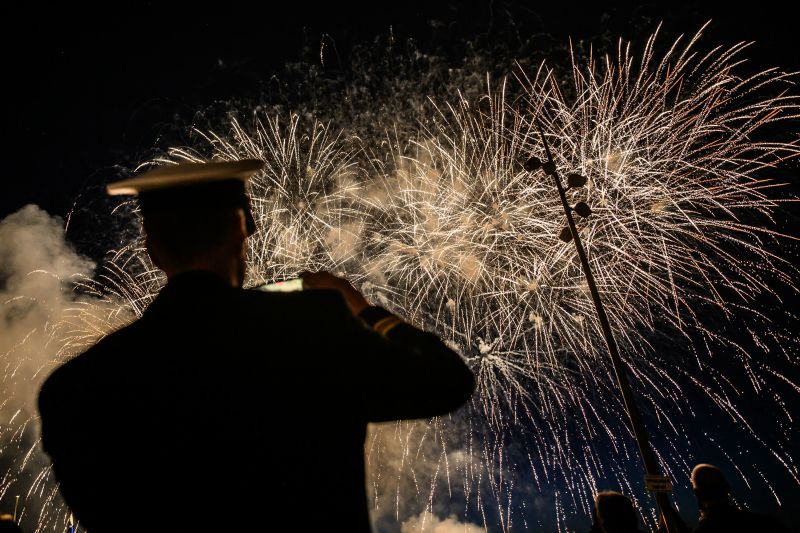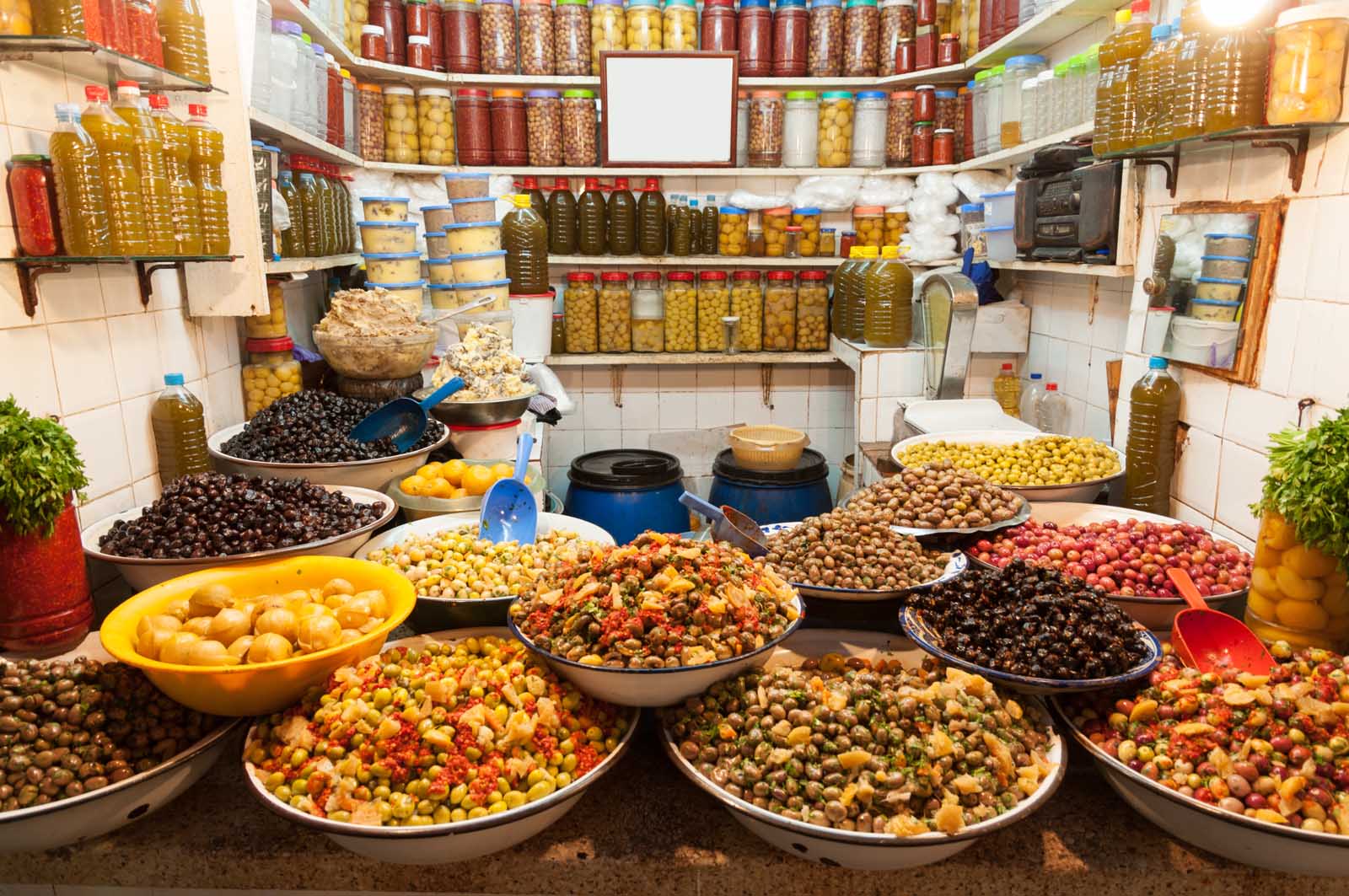Events are taking place around the world to commemorate the 80th anniversary of the D-Day landings in Normandy, France.
On June 6, 1944, tens of thousands of Allied troops landed on five stretches of the Normandy coastline, codenamed Utah, Omaha, Gold, Juno, and Sword. This marked a pivotal moment in world history.
It was the largest amphibious invasion in history and launched a campaign that laid the foundations for the Allied defeat of Nazi Germany in World War II.
“We’re not far off from the time when the last living voices of those who fought and bled on D-Day will no longer be with us, so we have a special obligation,” stated US President Joe Biden during a speech at the Normandy American Cemetery and Memorial. “We cannot let what happened here be lost in the silence of the years to come.”
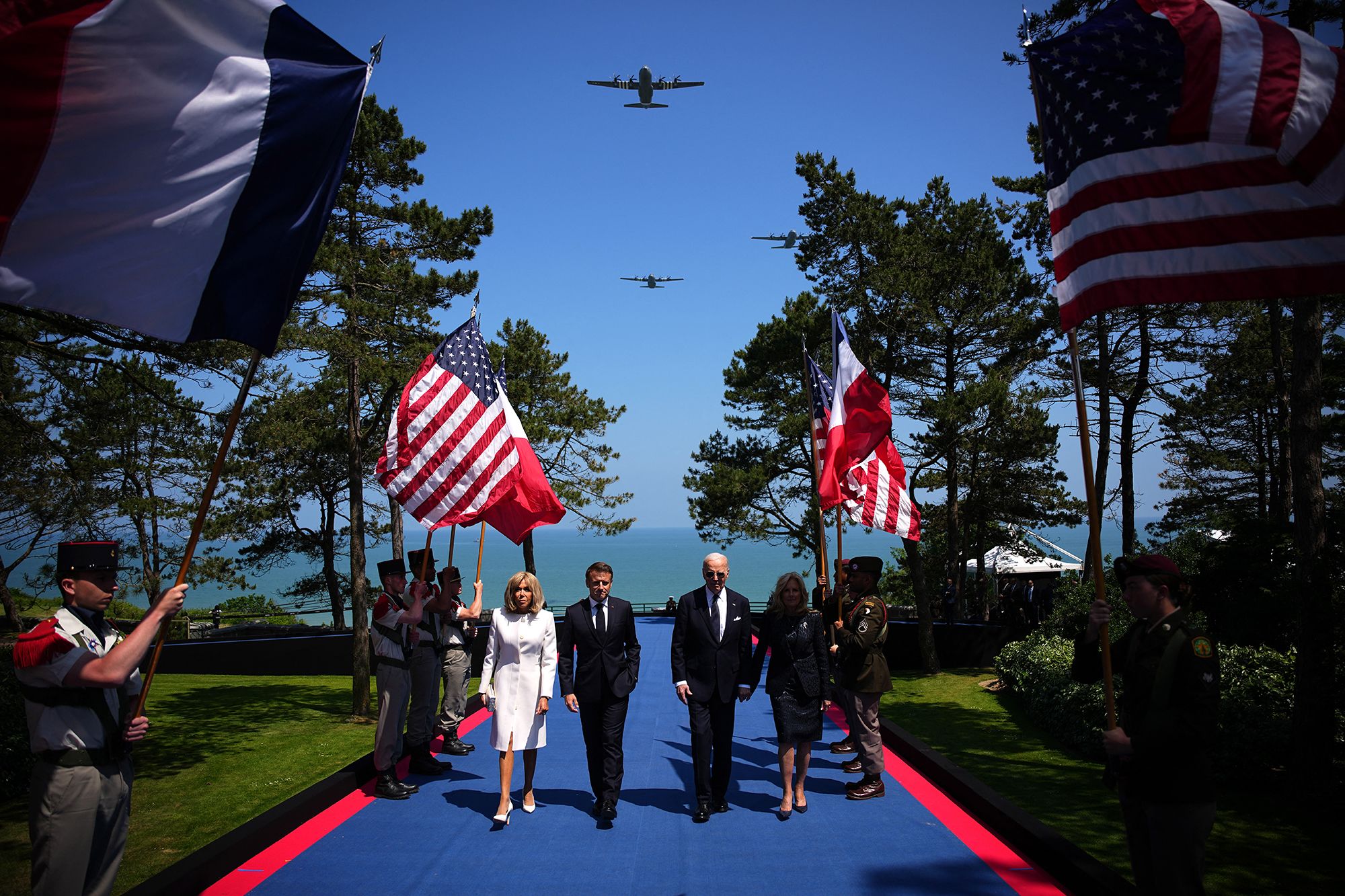
Numerous dignitaries, veterans, and citizens gathered to pay tribute to those who bravely served during this historic operation. Events included memorial services, parades, and historical reenactments, reflecting on the valor and sacrifices of the troops.
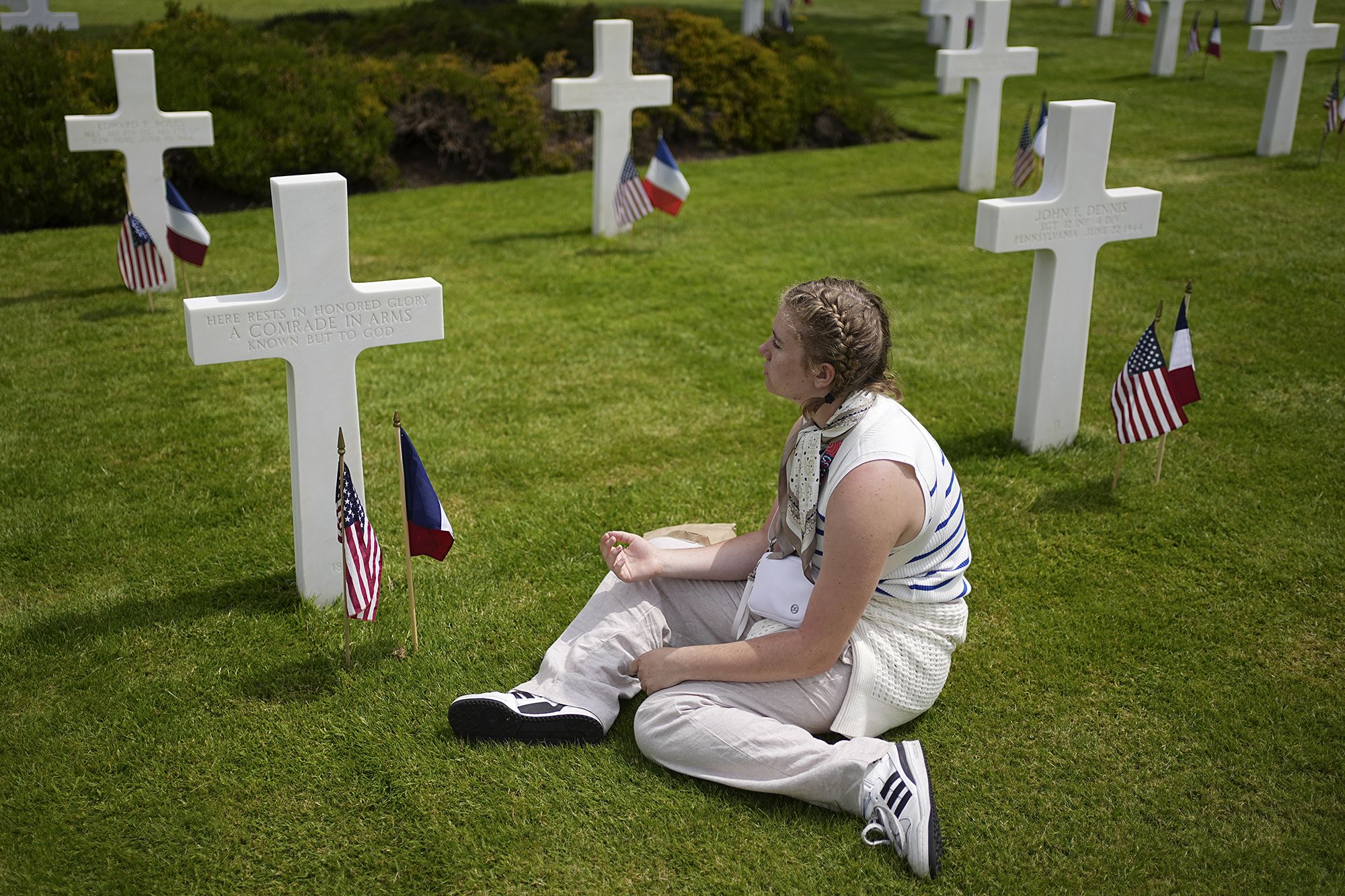
Throughout the commemorative activities, the sense of unity and remembrance was palpable. People of all ages participated in various ceremonies, ensuring that the legacy of D-Day will not be forgotten.
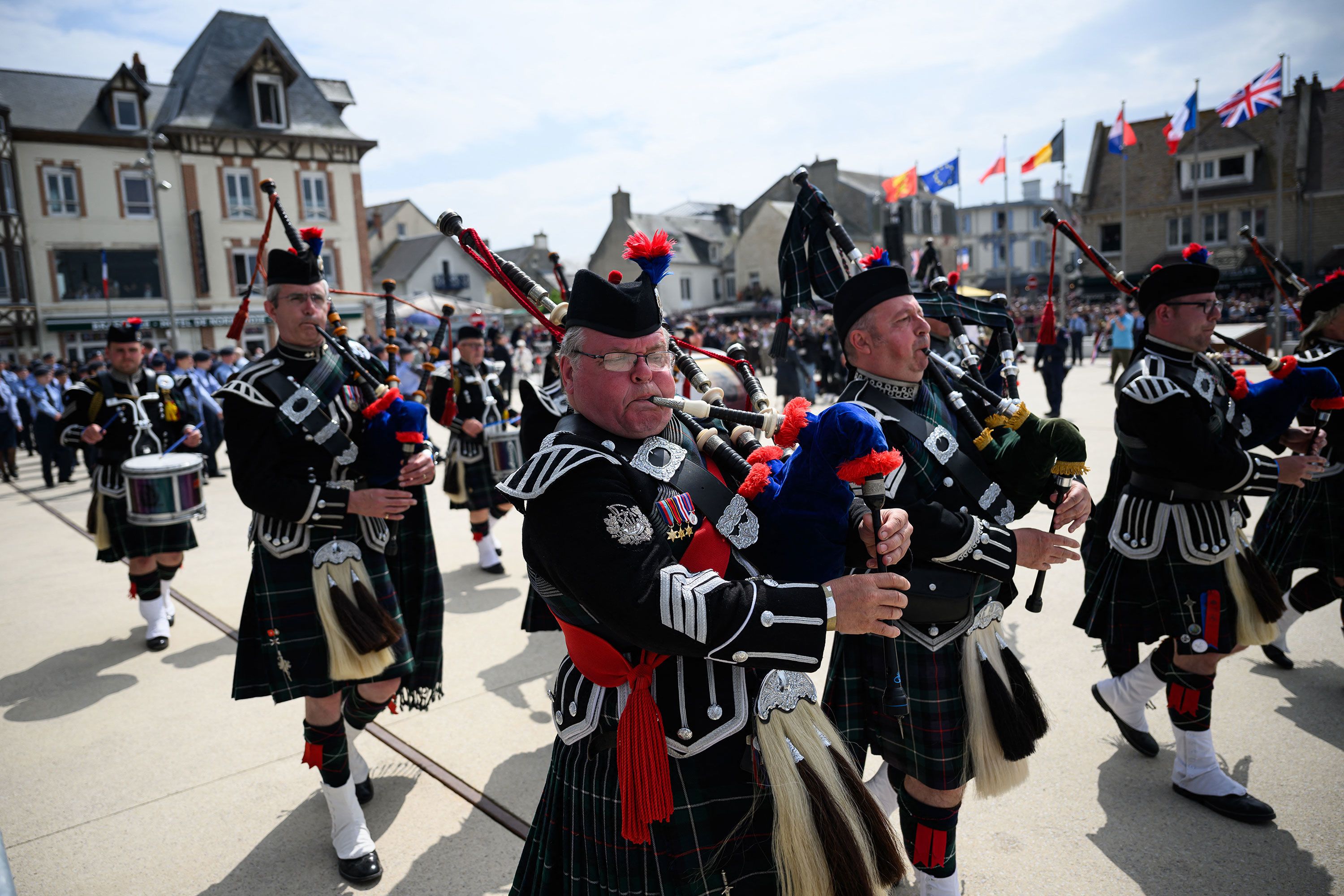
Moreover, symbolic gestures such as flowers placed on the shores of Utah Beach served as a poignant reminder of the lives lost during the landings. Participants honored the memories of fallen soldiers with heartfelt tributes.
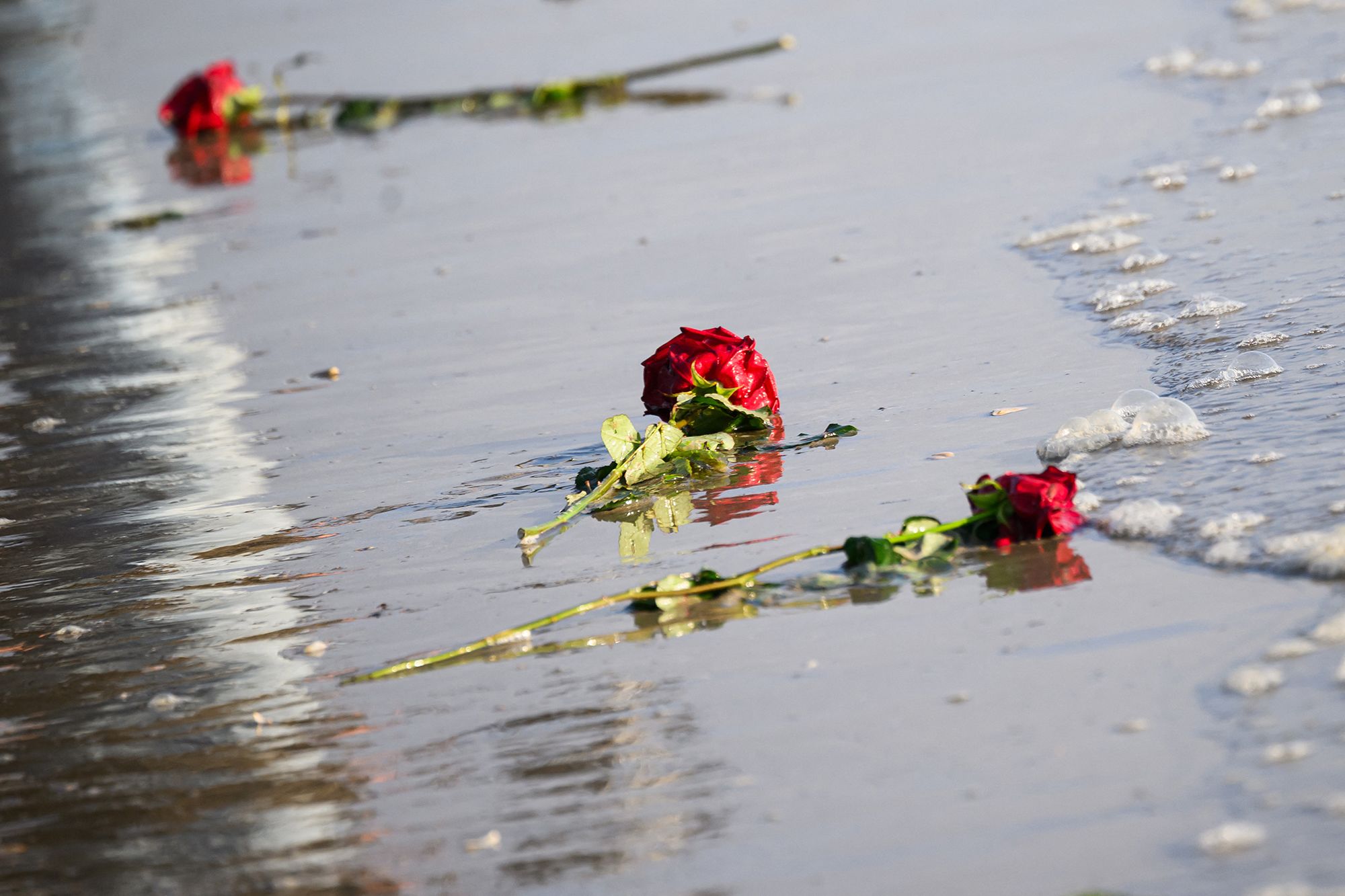
The events culminate in a renewed commitment to peace and the remembrance of history. In a world that continuously faces conflict, the D-Day commemorations serve as a powerful reminder of the cost of freedom and the ongoing journey towards unity.
As we reflect on this significant milestone, it becomes essential to educate future generations about the sacrifices that have shaped our present world. Such reflections not only honor those who fought but also foster a greater appreciation for freedom and democracy.
